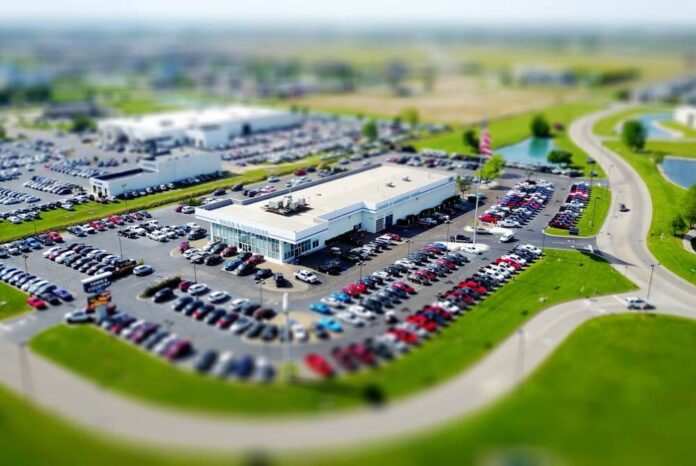The automotive industry is evolving fast, and dealerships should keep developing to get and retain customers. As the digital era grows, the effectiveness of traditional marketing is diminishing, and dealerships have to adjust by using digital marketing strategies to keep up with the competition.
In this article, we will discuss some of the top digital marketing tactics for automotive dealerships in 2024.
Focusing on Social Media Marketing
Social media platforms have been an effective marketing tool for companies from different industries, and car dealerships are not an exemption from this. In 2024, social media marketing will still be one of the main channels for marketing of car dealers.
Dealerships should keep a strong position in popular social media platforms like Facebook, Instagram, and Twitter. By sharing compelling materials like vehicle pictures, videos, and other news in the industry, dealers can create brand awareness. It also helps them to be seen as knowledgeable and dependable experts in the automotive industry.
Influencer marketing is one of the efficient social media strategies that car dealerships can exploit. Through collaboration with the most prominent automotive influencers and bloggers, dealerships can take advantage of their existing audiences and utilize their well-known trustworthiness to advertise their products and services.
Focus on Video
Videos are growing in popularity, and there is no doubt that video will be an important factor in the auto industry marketing in 2024. Customers are much more likely to engage with visual content instead of text-based content, and video allows dealerships to show vehicles in motion, provide detailed walkthroughs, and attract potential customers with video testimonials.
A brief, appealing video demonstrating each vehicle’s distinguishing features is an example of an effective tool. These videos can be posted on social media, embedded on the dealership’s website, or can be shown as in-store displays.
In addition, live video streaming is a precious tool for car dealerships. Dealers can show live Q&A sessions, virtual test drives, and product demonstrations, and customers can directly interact with the brand.
Improving Customer Experience
Consumers of the modern era are used to a personalized experience to suit their unique requirements and chosen preferences. Data and analytics a powerful tools for car dealerships to gain a deeper understanding of their customers’ preferences and buying trends.
Based on the information gathered from this data, dealerships can develop specialized marketing campaigns and suggestions for each client. For instance, the dealership can tailor their communication to the customer who has shown interest in a vehicle model by sending personalized emails or push notifications with relevant information, special offers, and bonuses.
On the other hand, chatbots and virtual assistants can also be integrated into the dealership’s website and mobile apps to offer instant and personalized assistance and guidance to customers’ right from the time they start their shopping experience.
Voice Search Optimization
With the growing number of virtual assistant users like Siri, Alexa, and Google Assistant, voice search is becoming more popular. Users are asking for voice searches to find out about cars, dealers, and automotive services.
Car dealerships should make their online content voice-search-friendly to take advantage of this trend. It can be done using natural language and conversational phrases, besides using frequently asked questions and long-tail keywords that customers will probably use during voice searches.
On top of that, dealerships can develop voice-enabled apps or skills that allow customers to communicate with the brand using voice instructions including booking test drives, asking for quotes, or finding the nearest dealership.
Use Augmented Reality (AR) and Virtual Reality (VR)
AR and VR technologies are changing the way consumers experience products and services, and the automobile industry is not an exception. By 2024, car dealerships can utilize these technologies to create an engaging environment for their customers.
The AR technology can be applied to superimposing digital data and interactive features on the actual surroundings. For example, they could simply use their smartphones or tablets to “put” a specific car in their driveway or see how the various accessories and options would look on the car.
VR, on the other hand, can provide a virtual environment. The dealer shops can have virtual reality showrooms or test drives that customers can experience from their homes.
Final Words
In 2024, car dealerships that will use innovative digital marketing techniques will be in a position where they will be ahead of the curve in terms of their competitive advantage over their rivals.
Through targeting videos, customizing the customer experience, relying on social media, and enhancing voice search, as well as adopting AR and VR technologies, dealerships can attract and connect with their target groups of customers.
Also, it is important to try and keep up-to-date with the latest technological developments and consumer trends because these will be crucial in adapting and refining the strategies that will be used as the industry continues to evolve.
















